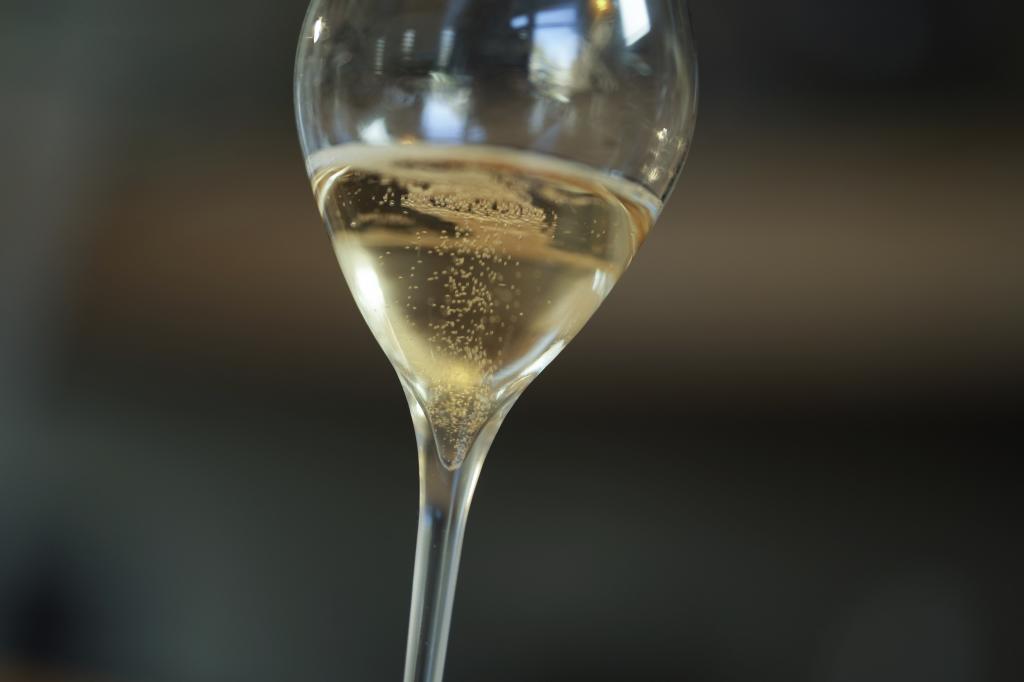"We want to make history, but we need help. We are looking for 10,000 volunteers between 50 and 70 years old who consume some alcohol." Researcher Patricia Romero-Marco cannot hide her excitement. She is one of the 500 doctors and professionals who will participate in the world's largest research project aimed at determining if moderate alcohol consumption, following the Mediterranean pattern, is as safe as abstaining in terms of mortality and the development of cardiovascular diseases, cancer, depression, dementia...
"It is a groundbreaking study that will set new recommendations for the population on alcohol consumption," explains Romero-Marco, author along with two other scientists of another pioneering study. For 98 days, 40 Clarissan nuns from Soria ate 150 grams of pork rinds twice a week, and the conclusions were clear: fried in extra virgin olive oil, consumed with fiber-rich foods and a healthy diet, far from being harmful, it improves risk factors and metabolic syndrome in healthy overweight women.
Now, all figures are multiplied. The project, called UNATI (University of Navarra Alumni Trialist Initiative), will last four years and requires recruiting 10,000 light or moderate drinkers before June 2025. Financed by the European Research Council - the ERC Advanced Grant, aimed at "highly creative and innovative" studies - it has a budget of 2.4 million euros and already has 4,000 volunteers. Being publicly funded, the study will be independent of any conflict of interest with alcoholic beverage producers, a key independence to ensure the credibility of the results. Continuous care, medical check-ups for volunteers, and advice will be provided, which each participant will decide whether to follow or not.
The 40 cloistered nuns, and three scientists, to the rescue of the healthy pork rind from Soria... Or the miracle of saving a "demonized" product with science
As the name suggests, it will be led from Navarra, with the lead researcher being Miguel Ángel Martínez-González, Professor of Preventive Medicine at the University of Navarra, Adjunct Professor of Nutrition at Harvard University, Director of the CIBEROBN group at the Carlos III Health Institute in Madrid, and National Prize of Gregorio Marañón Research in Medicine. "The design of this trial has generated great interest because, in addition to answering very practical questions, it will apply new technologies and thus allow the workload for medical researchers to be minimized and not interfere with clinical care," says Martínez-González, known by those who know him as the sage of the Mediterranean diet, "a machine that works a lot, a prodigy." He, in turn, summarizes the ambitious project as "the way to provide the best scientific evidence to public health."
The researchers have not yet reached a clear agreement on the health effects of light alcohol consumption in the long term. The debate on the impact of moderate intake in those over 50 is far from reaching a consensus. Studies have concluded with contradictory results, but the glass of wine in the Mediterranean diet has already shown its potential benefits in previous studies like Predimed and Predimed-Plus. In these studies, light to moderate wine consumption, measured through an objective biomarker like tartaric acid, was associated with "a lower rate of cardiovascular disease in a Mediterranean population at high cardiovascular risk."
The UNATI Soria team.
"A top-level research like ours is needed to know what advice should be given," say the UNATI team. To sign up, volunteers must go to inscripcion.proyectounati.com and enter their data. Men aged 50-70 and women aged 55-75 from any part of Spain who consume at least three drinks a week, including beer, wine, and spirits, are accepted. Abstainers cannot participate.
"Volunteers will receive many benefits," explains Romero-Marco. Those who register and sign the "informed consent" will receive, free of charge, support from highly qualified healthcare professionals for four years. They will have to fill out two 40-minute surveys at the beginning and end of the project, and specialists will address diet, weight control, emotional well-being, and other aspects of their health. Based on their responses and needs, they will have different coaches: nutritionists, psychologists...
Every three months, there will be an online meeting, in small groups via Zoom, with the option to participate with the camera "on or off." "They will be able to exchange recipes, talk to others, and see how they are implementing their improvements," says the researcher.
The only face-to-face consultations will be in Soria. There, UNATI-Sueño will be developed, taking advantage of the region's smaller population to offer the presence of a representative sample of patients that clarifies how moderate alcohol consumption can affect the quality and quantity of sleep.
UNATI aims to be a global milestone. "This study will clarify many great myths and many great doubts. Things that are still treated as jokes but are not, because as a nutritionist, I have had to decide many times in my consultation what alcohol recommendation to give to the patient," explains Romero-Marco, who trusts that it will be clarified whether a glass of wine a day is beneficial while Spain becomes the world leader in alcohol studies.
